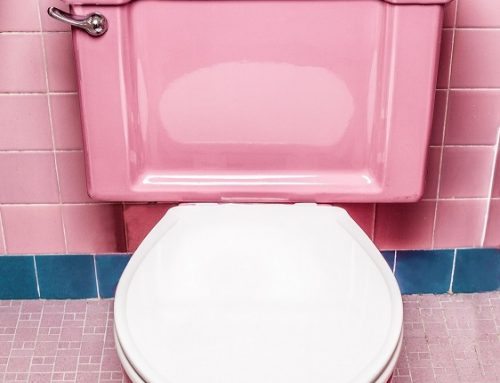Some of the largest secondary complaints of women who have undergone breast cancer treatments are problems with their vaginal and vulvar (external genitalia) region. Many treatments for breast cancer and those for improving survivorship force the body into a menopause-like state. Some of the issues these women experience might include vaginal dryness, burning, itching, overwhelming urge to urinate or an increase in the number of times you have to urinate, painful urination, leaking urine, recurring urinary tract infection, painful sex and sexual dysfunction.1
Anywhere from 50 – 75% of breast cancer survivors will experience at least one of these issues.2,3 But no one is really talking about it… Clinicians and patients both seem to struggle with this topic.4,5 And while research in this area has been slow, clinical guidelines are emerging offering guidance on how to cope.6
So….Now what do you do?
Top Tips:
- Achieving or maintaining a healthy body weight – We know that excess, unhealthy body weight can put more pressure on a bladder and other internal organs. Even a 5-10% loss in excess body weight can help improve some types of urinary leakage. There is a healthy way to manage weight – so talk to your doc!
- Stop Smoking – Smoking can worsen the connective tissue in the vulva region, and all that coughing is certainly hard on the bladder!
- Sexual Stimulation –Whatever that means to you, as long as it increases blood flow to the area!
- Address underlying medical conditions – Diabetes, high blood pressure, obesity, anxiety and depression can each affect genital and pelvic health. This is a conversation to have with your physician, but ultimately it can improve your general health and pelvic floor.
- Moisturizers and Lubricants – One, the other or both are sometimes used to deal with itchiness, dryness and painful intercourse. But not all products are created equal so talk to a health-care provider to determine which is right for you.
- Medical Team Member – There are many options for prescription medications and topical creams that might help, but since each patient has a unique history you have to begin the discussion with one of your physicians.
- Psychologists and Sexologists – Can help improve your mental well-being and investigate your readiness for sexual relationships. There can be a lot on your mind during and after treatment, and often sexual relationships take a back seat. You might benefit from someone with expertise when considering your sexual health and romantic relationships.
- Pelvic Floor Physiotherapy – Can address muscle, nerve and connective tissue factors that might be contributing to leaks, pelvic organ prolapse and painful conditions. Exercises, stretches, bladder training, massage technique, dilation training, etc can all help to ease symptoms.
If you are a breast cancer survivor and are experiencing symptoms in the genitals and pelvis, know that you are not alone. Know that there are treatment options. You might have to be the one to initiate the conversation, and although tricky, it can help ease your discomfort. If you think that you might be experiencing pelvic floor issues following cancer treatments, talk to your family doctor about your options, or for a referral to pelvic floor physiotherapy.
Katie Kelly, Physiotherapist
BSc., MSc. PT
References:
- Portman, D. and Gass, M. (2014) Genitourinary syndrome of menopause: new terminology for vulvovaginal atrophy from the International Society for the Study of Women’s Sexual Health and the North American Menopause Society. Menopause 21: 1063–1068.
- Ganz, P. A., Rowland, J. H., Desmond, K., Meyerowitz, B. E., & Wyatt, G. E. (1998). Life after breast cancer: understanding women’s health-related quality of life and sexual functioning. Journal of Clinical Oncology, 16(2), 501-514.
- Trinkaus, M., Chin, S., Wolfman, W., Simmons, C., & Clemons, M. (2008). Should urogenital atrophy in breast cancer survivors be treated with topical estrogens?. The oncologist, 13(3), 222-231.
- Hordern, A. J., & Street, A. F. (2007). Communicating about patient sexuality and intimacy after cancer: mismatched expectations and unmet needs. Medical Journal of Australia, 186(5), 224.
- Lester, J. L., & Bernhard, L. A. (2009, November). Urogenital atrophy in breast cancer survivors. In Oncology nursing forum (Vol. 36, No. 6).
- Sousa, M. S., Peate, M., Jarvis, S., Hickey, M., & Friedlander, M. (2017). A clinical guide to the management of genitourinary symptoms in breast cancer survivors on endocrine therapy. Therapeutic advances in medical oncology, 9(4), 269-285.







